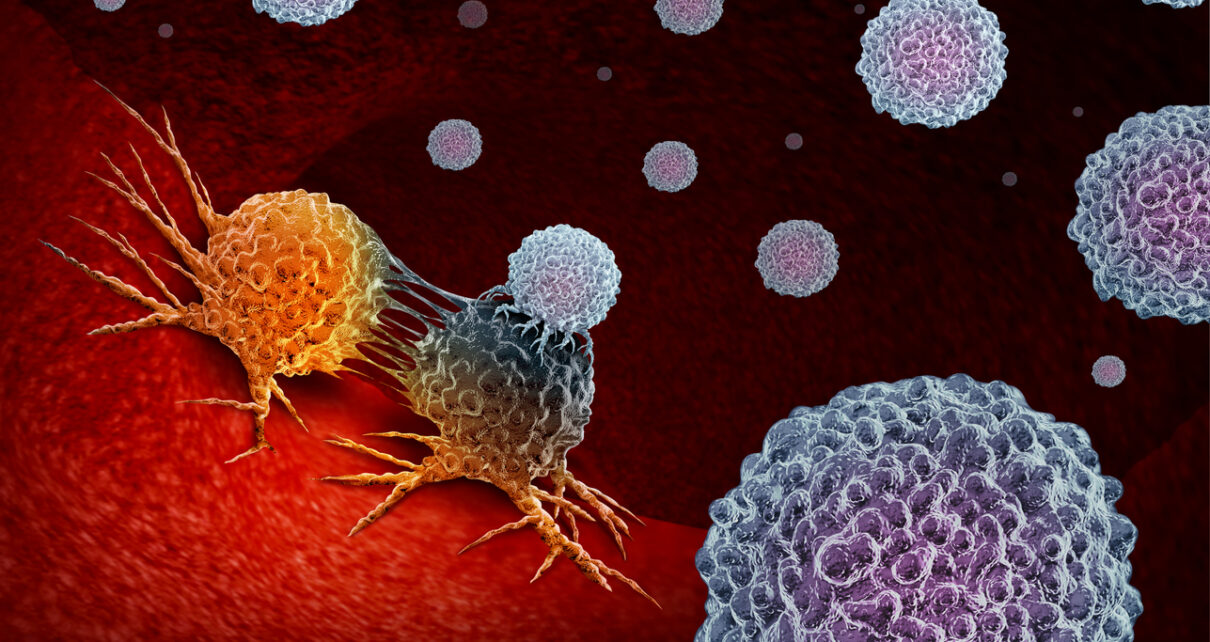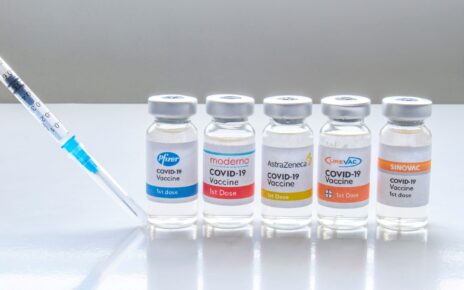Scientists in Israel claim to have achieved a world first by deploying history-making technology to destroy cancerous cells in mice without damaging other cells.
The research successfully killed cancerous cells while leaving healthy ones around it using a technique which relies on DNA editing tools. It is a method so precise it’s as if “tiny scissors” were being used to target only affected cancerous cells.
The technology has already been used in mice and could be used on humans as soon as within the next two years, the scientists said.
The CRISPR Cas-9 gene editing method allows scientists to make precise alterations to DNA, and helped creators Jennifer Doudna and Emmanuelle Charpentier win the Nobel Prize for Chemistry this year.
Professor Dan Peer, a cancer expert from Israel’s Tel Aviv University, explained that there are “no side effects” and they believe that a “cancer cell treated in this way will never become active again,” according to the Times of Israel.
“This technology can extend the life expectancy of cancer patients and we hope, one day, cure the disease.”
The study by scientists from Tel Aviv University, New York University and Harvard Medical School was published in the journal Science Advances.
The scientists claim that it is the first time in the world that Crispr genome editing technology, which works by cutting out a section of DNA, has been effectively used to treat cancer in an animal.
Unlike the method used in the Tel Aviv University research, chemotherapy targets the whole body. Professor Peer explained that if this technology is used then within three treatments “we can destroy a tumour” as it can “physically cut the DNA in cancerous cells, and those cells will not survive.” He admitted the technology needs to be “further developed”, but said the key point from the current study is that they have shown that it can “kill cancer cells”.
“We believe that cancerous cells treated in this way will never become active again. This technology can extend the life expectancy of cancer patients and we hope, one day, cure the disease,” Peer said.
The scientists noted that mice with cancer who received the treatment had double life expectancy and their survival rate was 30% higher compared to the control group.
Professor Peer highlighted that once adapted for humans, this treatment could be highly personalised and customised to each patient given, as a general injection or an injection directly into the tumour.
Hundreds of mice were analysed as part of the study.




